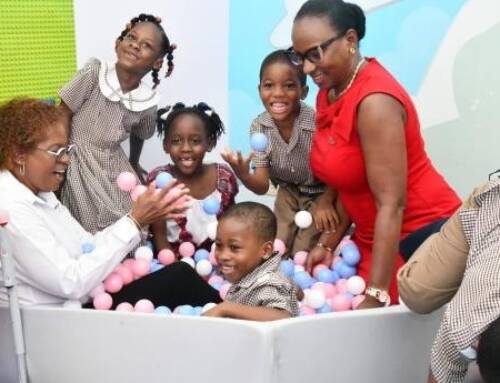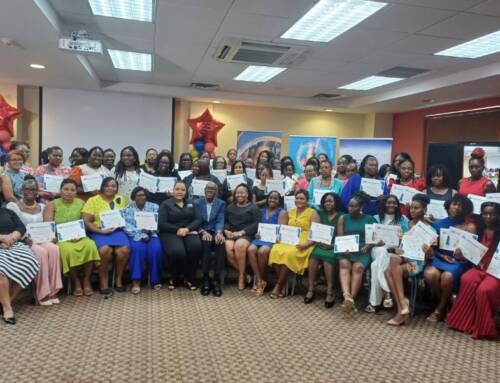
Parents and guardians are being encouraged to help young children develop their social and emotional skills in preparation for the upcoming school year.
Manager of Early Childhood Development Assessment Services at the Early Childhood Commission (ECC), Louri-Ann Robotham, has underscored that a strong social and emotional foundation is critical for the development of overall brain architecture. “If we develop these skills from early, it will transcend into adulthood. We will have better learners. We will have the space for creativity. Being ready for school does not necessarily mean the pretty bag or lunch kit; we need our tools, but it’s also looking deeply and closely at the child as a person and having the skills to function in life,” Ms. Robotham said.
She was addressing the ECC’s virtual Back to School Readiness forum, hosted in collaboration with Serenity Resource Connector, on Thursday (August 15). Ms. Robotham explained that social and emotional skills have components that speak to self-awareness and self-management. She shared that children need to be able to recognise and state how they are feeling – happy, sad, angry, annoyed, excited or calm. Ms. Robotham said self-management is also key to the process, noting that parents can help children to regulate their emotions.
She noted that when playing with bubbles, children are likely to burst them as soon as they are blown, but parents can teach children delayed gratification by rewarding them when they wait and allow the bubbles to burst on their own. “Bubbles aren’t expensive, so at home, we can do some games and play with our children. The Early Childhood Commission believes wholeheartedly that children learn through play. We encourage our parents and our teachers to use what we know helps our children,” Ms. Robotham explained.
Meanwhile, she said relationships are also a component of social and emotional skills.“How do I communicate with others? How do I cooperate with others? How do I resolve conflict? We have to teach them to take turns, and how to respect other people. When we talk about readiness, it’s putting our children in nurturing environments that will support these skills. These skills will help them right throughout life,” Ms. Robotham said.



